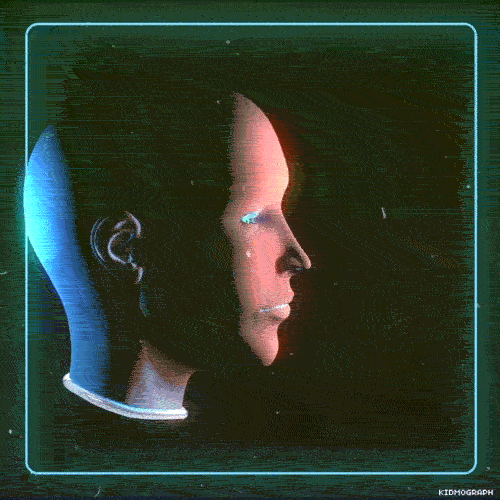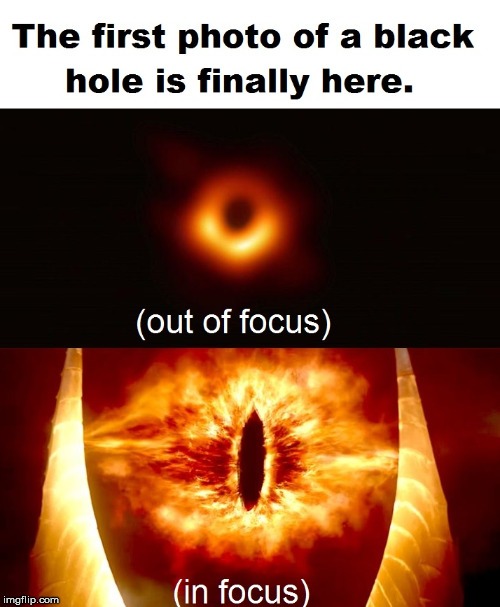Now, we cannot in logic permit Mr. Huxley’s philosophical rule to be applied in a one-sided manner to Caesar. Either that personage was naturally truthful or a natural liar; and since Mr. Huxley has settled that point to his own satisfaction as regards the facts of military history in his favor, we insist that Caesar is also a competent witness as
Page 194
to augurs, diviners, and psychological facts. So with Herodotus, and all other ancient authorities, unless they were by nature men of truth, they should not be believed even about civil or military affairs. Falsus in uno, falsus in omnibus. And equally, if they are credible as to physical things, they must be regarded as equally so as to spiritual things; for as Professor Huxley tells us, human nature was of old just as it is now. Men of intellect and conscience did not lie for the pleasure of bewildering or disgusting posterity.
The probabilities of falsification by such men having been defined so clearly by a man of science, we feel free from the necessity of discussing the question in connection with the names of Van Helmont and his illustrious but unfortunate master, the much-slandered Paracelsus. Deleuze, though finding in the works of the former many “mythic, illusory ideas” — perhaps only because he could not understand them — credits him nevertheless with a vast knowledge, “an acute judgment,” and at the same time with having given to the world “great truths.” “He was the first,” he adds, “to give the name of gas to aerial fluids. Without him it is probable that steel would have given no new impulse to science.” By what application of the doctrine of chances could we discover the likelihood that experimentalists, capable of resolving and recombining chemical substances, as they are admitted to have done, were ignorant of the nature of elementary substances, their combining energies, and the solvent or solvents, that would disintegrate them when wanted? If they had the reputation only of theorists the case would stand differently and our argument would lose its force, but the chemical discoveries grudgingly accorded to them, by their worst enemies, form the basis for much stronger language than we have permitted ourselves, from a fear of being deemed over partial. And, as this work, moreover, is based on the idea that there is a higher nature of man, that his moral and intellectual faculties should be judged psychologically, we do not hesitate to reaffirm that since Van Helmont asserted, “most solemnly,” that he was possessed of the secret of the alkahest, no modern critic has a right to set him down as either a liar or a visionary, until something more certain is known about the nature of this alleged universal menstruum.
“Facts are stubborn things,” remarks Mr. A. R. Wallace, in his preface to Miracles and Modern Spiritualism. Therefore, as facts must be our
Page 195
strongest allies, we will bring as many of these forward as the “miracles” of antiquity and those of our modern times will furnish us with. The authors of the Unseen Universe have scientifically demonstrated the possibility of certain alleged psychological phenomena through the medium of the universal ether. Mr. Wallace has as scientifically proved that the whole catalogue of assumptions to the contrary, including the sophisms of Hume, are untenable if brought face to face with strict logic. Mr. Crookes has given to the world of skepticism his own experiments, which lasted above three years before he was conquered by the most undeniable of evidence — that of his own senses. A whole list could be made up of men of science who have recorded their testimony to that effect; and Camille Flammarion, the well-known French astronomer, and author of many works which, in the eyes of the skeptical, should send him to the ranks of the “deluded,” in company with Wallace, Crookes, and Hare, corroborates our words in the following lines:
“I do not hesitate to affirm my conviction, based on a personal examination of the subject, that any scientific man who declares the phenomena denominated ‘magnetic,’ ‘somnambulic,’ ‘mediumic,’ and others not yet explained by science, to be impossible, is one who speaks without knowing what he is talking about, and also any man accustomed, by his professional avocations, to scientific observations — provided that his mind be not biassed by pre-conceived opinions, nor his mental vision blinded by that opposite kind of illusion, unhappily too common in the learned world, which consists in imagining that the laws of Nature are already known to us, and that everything which appears to overstep the limit of our present formulas is impossible, may require a radical and absolute certainty of the reality of the facts alluded to.”

Moe is the founder of GnosticWarrior.com. He is a father, husband, author, martial arts black belt, and an expert in Gnosticism, the occult, and esotericism.





